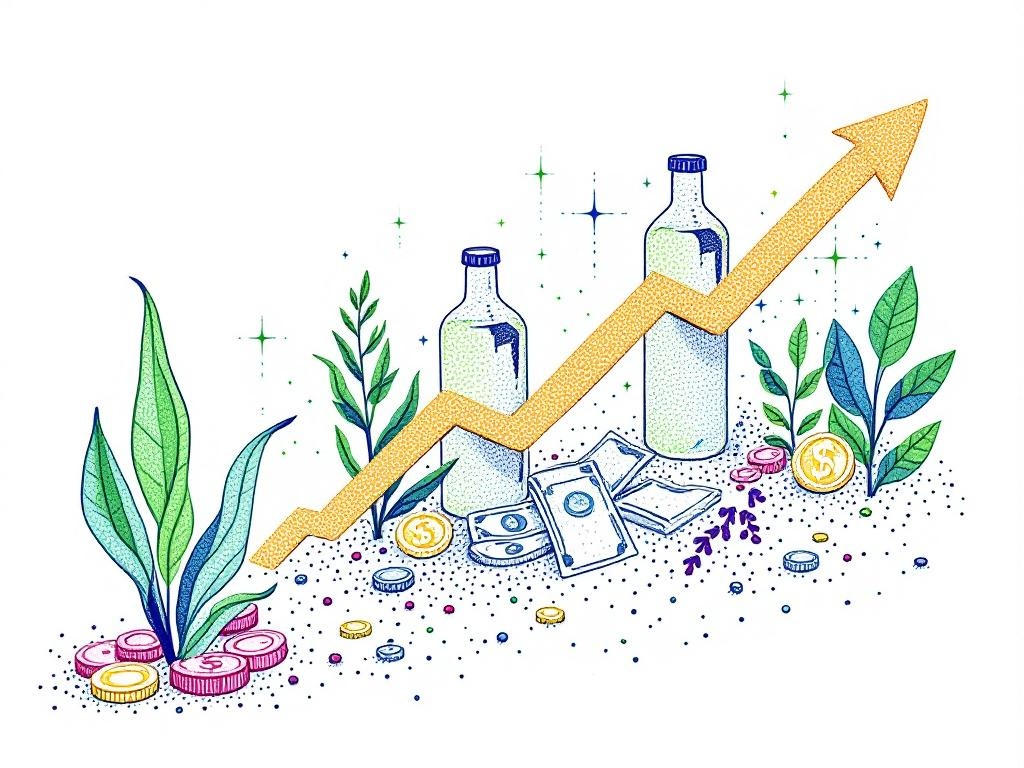U.S. Biofuels Production Growth Slows to 3% in 2024

Washington, Tuesday, 28 October 2025.
U.S. biofuels production capacity growth slowed to a mere 3% in 2024, sparking concerns about meeting renewable energy targets and energy independence.
Impact on Renewable Energy Goals
The deceleration in biofuel production growth is raising alarms among policymakers and industry stakeholders, as it may hinder progress towards achieving the renewable energy targets outlined in the U.S. energy strategy. Biofuels, including ethanol and renewable diesel, are essential components of these targets, contributing significantly to the reduction of greenhouse gas emissions and the pursuit of energy independence. The Renewable Fuel Standard (RFS), which has been a driving force in the U.S. biofuels sector for two decades, is now under scrutiny as the sector struggles to maintain its momentum [1].
Factors Contributing to the Slowdown
Several factors have contributed to the slowdown in biofuels production capacity growth in 2024. Notably, the production capacity for renewable diesel and other biofuels increased by only 391 million gallons per year, a stark contrast to the more robust growth observed in 2022 and 2023. This limited expansion is partly due to the closure of eight biodiesel plants, which collectively resulted in a loss of approximately 100 million gallons per year in production capacity [1]. Additionally, the closure of facilities in Pennsylvania, California, Alabama, and Mississippi has further dampened the sector’s growth potential [1].
Economic Repercussions
The stagnation in biofuels production growth has broader economic implications, particularly for the agricultural sector, which heavily relies on biofuel markets for value addition to crops like corn and soybeans. The Renewable Fuel Standard has historically influenced corn and ethanol production, with corn use for ethanol stabilizing at 35-40% of total corn use by 2025 [2]. The slowdown may affect the economic viability of these crops and could prompt a reevaluation of investment strategies in the agricultural supply chain [2].
Future Outlook and Policy Considerations
Looking ahead, the U.S. biofuels sector faces significant challenges in regaining its growth trajectory. Industry experts suggest that without strategic interventions, such as increased investment in infrastructure and technology, the sector might struggle to align with the ambitious renewable energy goals set forth in national policies. As the United Nations Climate Change Conference (COP30) approaches, where energy transition is a central theme, the U.S. biofuels industry’s performance will likely be a critical point of discussion [1][3].